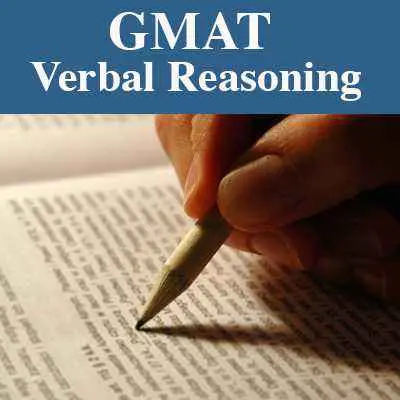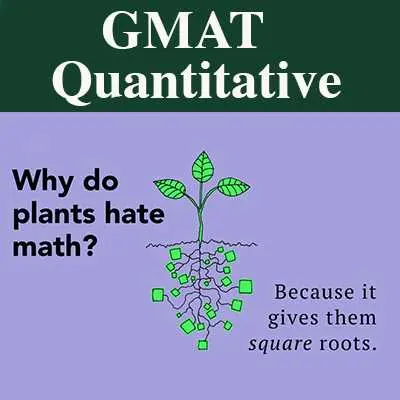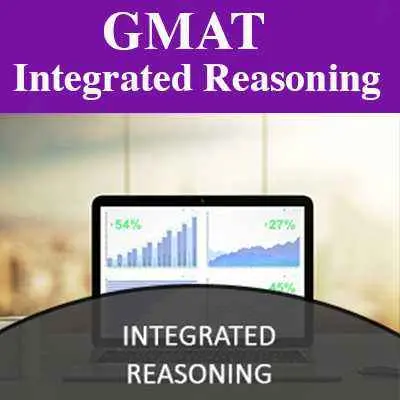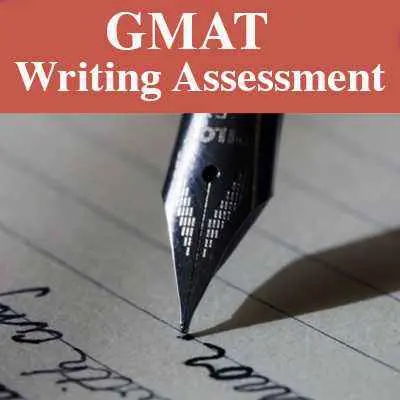About the GMAT
What you need to know
The Graduate Management Admission Test, or GMAT, is a computer-adaptive, standardized multiple-choice exam that is used worldwide for admission to graduate business and management programs, including the MBA.
The GMAT was developed by test maker GMAC to provide business schools with common measures of applicants’ preparedness for graduate-level academic work. Business school admission committees look at your GMAT score, work experience, academic record, and supporting materials to assess your readiness for the rigors of an MBA program.
So what does all this mean for you? A high score on the GMAT will have a positive direct impact on your business school application, so it's important that you achieve the highest score you are capable of on the big day.
Click on the links below to learn more:
- About the GMAT
- Contact Dr. Donnelly about GMAT lessons
- Read our students' reviews
- How is the GMAT scored?
- GMAT - Section by Section

Improve Your GMAT Score
with private tutoring
Getting into the right MBA program at your top-choice business school is highly competitive, so you'll need to prepare thoroughly for each section of the GMAT.
Dr. Donnelly can show you how to improve your GMAT scores greatly.
Private lessons with Dr. Donnelly are available online via Zoom or in person at our San Diego office or (depending upon the time of year) at our Manhattan-based office in New York City.
Over the years, Dr. Donnelly has helped hundreds of students improve their GMAT test scores and gain acceptance into some of the country's finest business school programs. We are confident that he can do the same for you.














